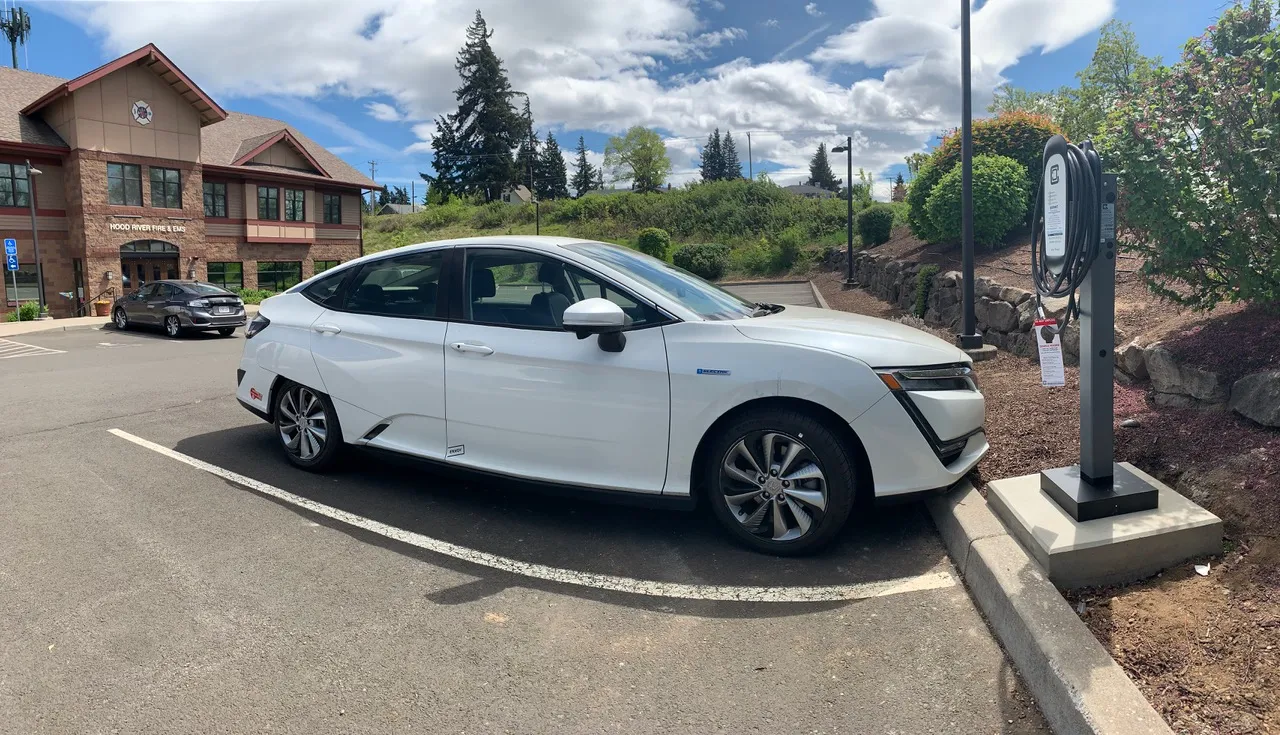Leading car sharing network, Zipcar, along with Mayor Kevin Johnson and the city of Sacramento Department of Transportation, have announced Zipcar's expansion into the Californian city, with the launch of 10 vehicles, all of which will have reserved on-street parking spots throughout the city, and will be available in pods of two at five locations. The programme is available to local residents, visitors, and government employees, as well as to employees of local businesses through the company's 'Zipcar for
May 21, 2012
Read time: 2 mins
Leading car sharing network, 3874 Zipcar, along with Mayor Kevin Johnson and the city of Sacramento Department of Transportation, have announced Zipcar's expansion into the Californian city, with the launch of 10 vehicles, all of which will have reserved on-street parking spots throughout the city, and will be available in pods of two at five locations. The programme is available to local residents, visitors, and government employees, as well as to employees of local businesses through the company's 'Zipcar for Business' programme. "It's green, it will reduce demand for parking and may mean more people may be able to forego car ownership in favour of car-sharing. It's all good," said Mayor Johnson.
Zipcar says that national studies have shown that each car shared takes 15 privately owned vehicles off the road, and that vehicle miles travelled per driver is reduced almost 50 per cent when car owners switch to car sharing.
Zipcar says that national studies have shown that each car shared takes 15 privately owned vehicles off the road, and that vehicle miles travelled per driver is reduced almost 50 per cent when car owners switch to car sharing.










